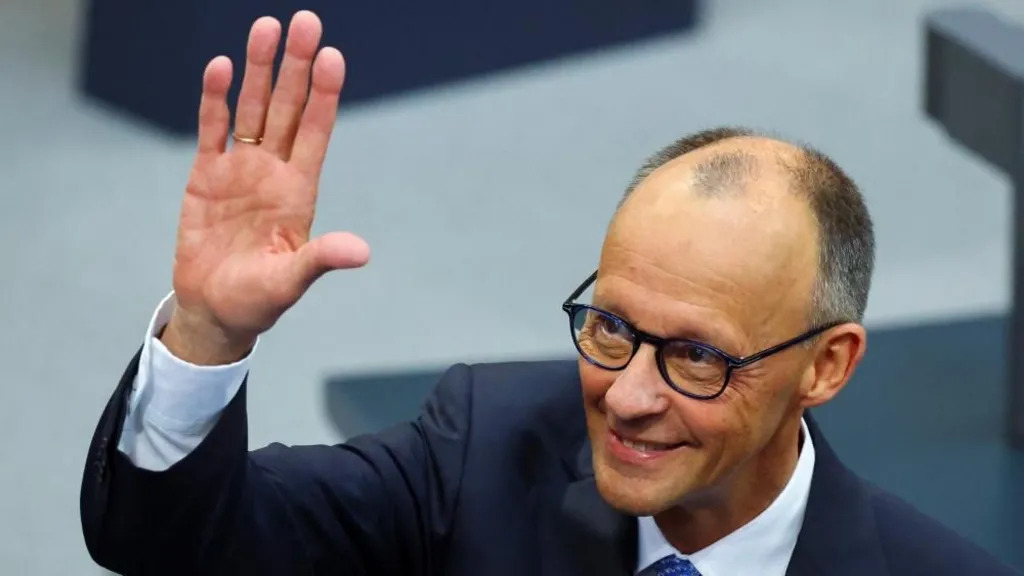MOTORISTS may be looking at a big hike in the petrol price at the start of the festive season, after South Africa’s Department of Energy announced on Friday that prices of all grades of petrol would remain unchanged this month. The price of petrol in Gauteng is currently N$7,65 a litre, after a cut of 40c at the start of last month.
The impact of higher oil prices over the past few weeks was neutralised by a relatively strong rand. However, the oil price shows signs of climbing further and the rand has weakened over the past two weeks, which means the outlook is not encouraging.Reggie Sibiya, the chief executive of the SA Fuel Retailers Association, said on Friday there was an under recovery of 37c a litre on the day, which was the first of the new price cycle. ‘If that pattern continues, we can expect a rise of that order in December.’ With rand and oil prices moving in the wrong direction, the increase could be steeper.Local fuel prices are based on prices of a basket of refined fuels and are also influenced by the rand/dollar exchange rate. The latest move reflects the average daily under recovery of 0,452c between October 2 and 29. The rand, which has strengthened in recent months, had weakened to R7,7643 to the dollar by Friday, from a strong point of nearly R7,20 at mid month. The move was partly due to strong signals from the government that it would like to see a weaker currency.And the price of benchmark Brent crude oil has climbed, from about US$65 a barrel a month ago to trade at about US$77 on Friday. Manqoba Madinane, a commodity analyst at Standard Bank, said the oil price was supported by news late last week that US gross domestic product (GDP) rose 3,5 per cent in the third quarter, ahead of expectations. This was seen as a sign that demand for oil would increase in future.However, the third-quarter buoyancy was supported by temporary subsidies from the cash-for-clunker programme, which boosted motor vehicle sales and has since been withdrawn. Despite the reaction of the financial markets, economists question the sustainability of the recovery.Madinane said there was a ‘growing speculative component’ to trade in the oil market.Tony Twine, a senior economist at Econometrix, said other commodities and stock markets also moved up on news of the favourable data. But he said the oil price responded more sharply. Daily trade in oil was a huge percentage of extracted oil, he said, which was not the case for gold, which formed part of central banks’ holdings. Also, oil was ‘a happy hunting ground for speculators because it is highly traded’, Twine said. He identified factors influencing the oil market. One was seasonal as the northern winter approaches. ‘Economic realities of likely low demand should offset that but reality doesn’t seem to be an important influence at present.’Another factor was ‘the ebbs and flows of global confidence. As confidence rose, investors moved out of cash dollars and into dollar-denominated assets like oil’, Twine said.- Business Report
Stay informed with The Namibian – your source for credible journalism. Get in-depth reporting and opinions for
only N$85 a month. Invest in journalism, invest in democracy –
Subscribe Now!










